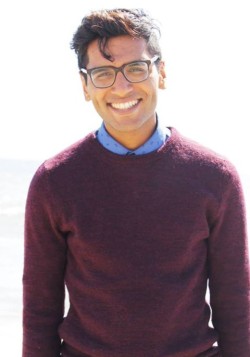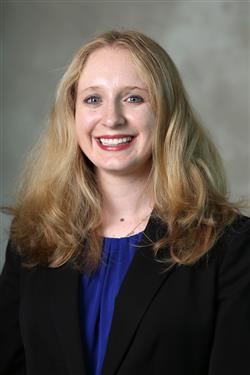Pursuing Medicine: Reflection of a Senior Medical Student
As a fourth-year medical student, I enjoy introducing myself to patients as the “extra eyes and ears of the team, so feel free to tell me anything you forgot or would like to address, even if you think it’s irrelevant or burdensome. I will be your advocate.” As I establish rapport with them, the walls come down, and they often provide important information that helps my team provide the best care for them.







